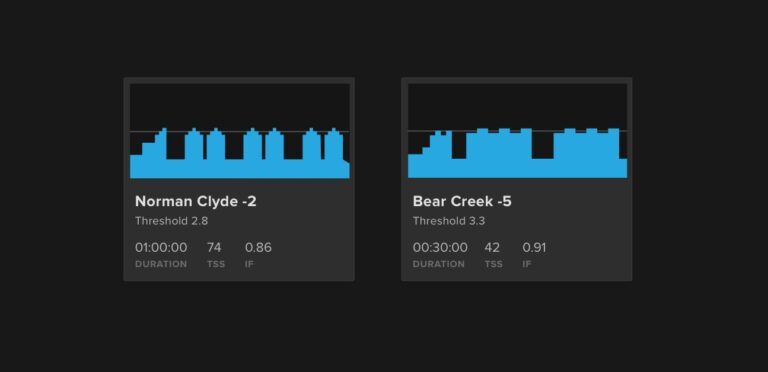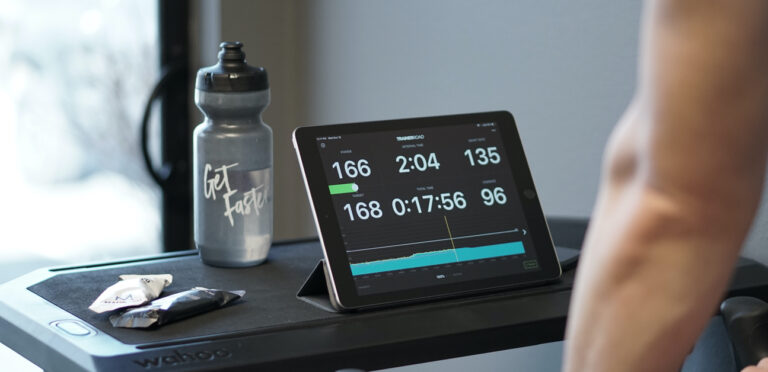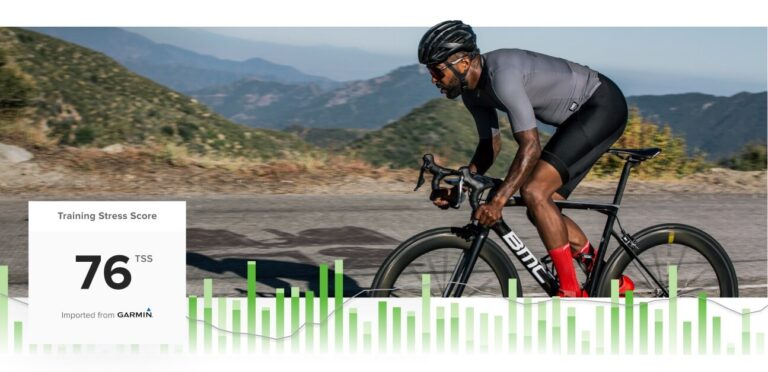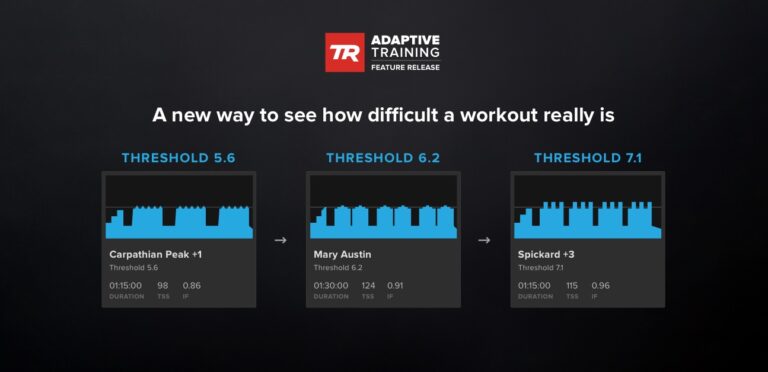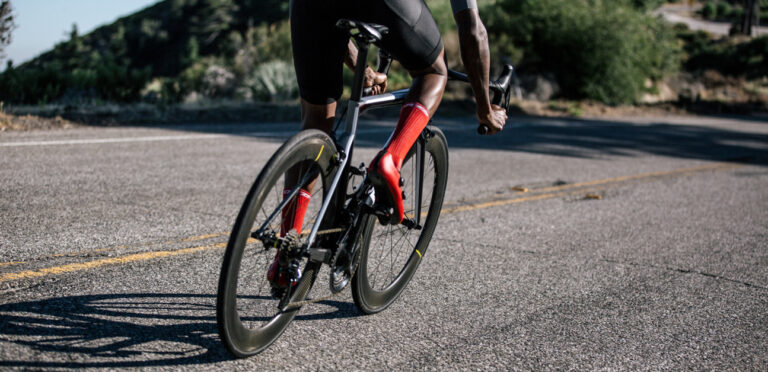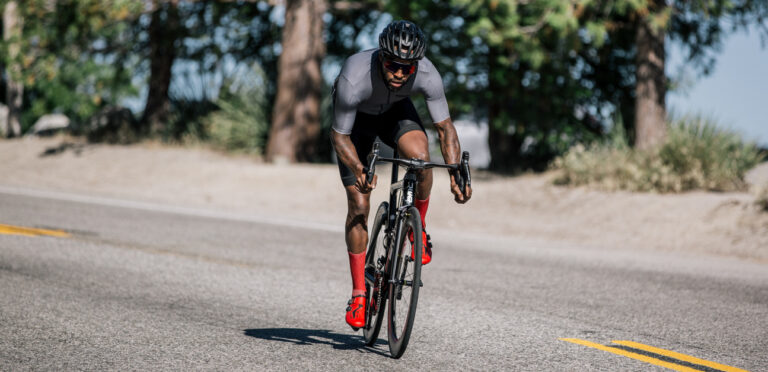Training Stress Score (TSS), Intensity Factor (IF), and Workout Levels are useful ways to quantify the challenge and effect of a workout. Taken together, these 3 metrics help tell the story of your training, but it’s important to understand the differences of each. What does each metric mean, and how can you use them to get faster?
